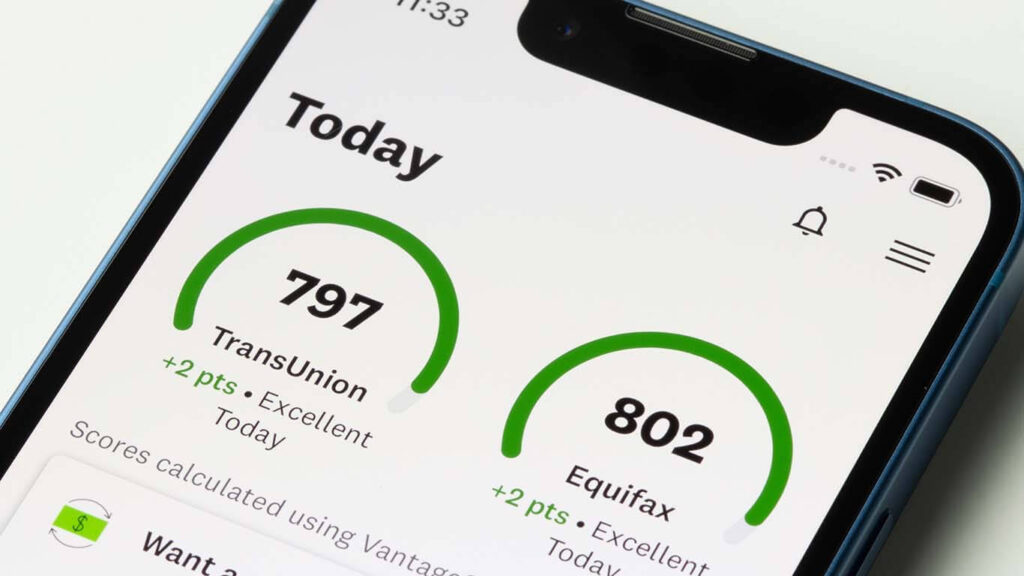What Happens to my Credit When I Refinance a Car?
So, you’re looking to get a better deal on your auto loan by refinancing it, but you’re a bit worried about how it might mess with your credit score? No worries, let’s walk you through it. Refinancing can affect your credit score and report in a few key ways, but if done right, it can actually help improve your credit over time. Here’s a look at what happens to your credit when you refinance a car loan.
The Hard Inquiry
When you apply for a refinance, the new lender will do a hard inquiry on your credit report to check your creditworthiness. A hard inquiry causes a small, temporary dip in your credit score – usually only a few points. The impact of a single hard inquiry is minor, and your score will quickly bounce back within a few months. Multiple hard inquiries within a short period can impact your score more, so it’s best to limit applications to avoid too many inquiries.
If you shop for rates and apply with multiple lenders within a short window of time, the credit bureaus will count these as only one inquiry. This prevents your score from being dinged multiple times for rate shopping. As long as you keep rate shopping limited to a few weeks, you can minimize the credit impact of hard inquiries when refinancing.

Length of Credit History
When you refinance, you open up a new loan account on your credit report. However, this doesn’t erase the entire payment history of your previous auto loan. The credit bureaus will still factor your past repayment history on the old loan into your score.
With that said, when you pay off your old car loan, the account will be closed and fall off your credit report after 10 years. This can shorten your average length of credit history, which accounts for about 15% of your FICO score. If you don’t have a deep history of long-held accounts, closing the old loan could modestly ding your score.
The impact depends on the overall length of your credit history and other open accounts. If you have decades of solid credit history, the effect should be minimal. Those with a shorter history may see a somewhat larger hit to their scores from refinancing and closing the old account. But in most cases, the boost from getting a lower interest rate outweighs this temporary setback.
Credit Mix
Lenders like to see a healthy mix of different account types in their credit files, including installment loans (like car loans or mortgages) and revolving accounts (like credit cards). If your old car loan was your only installment loan, refinancing it technically changes your “credit mix” by closing that account.
Again, this impact is usually small, especially if you have open mortgages or other installment loans. And it certainly shouldn’t deter you from refinancing to get a better auto loan rate. Your new car loan will appear on your report, and keep an installment account open anyway.
Age of Newest Account
When you open a new credit account – whether refinancing or getting a new credit card – it brings down the average age of your accounts. This factor accounts for about 15% of your FICO score. If you have a short credit history already, opening a new account can lower your average account age and credit score modestly.
But this change is only temporary. As time goes by, the new account will age and have less impact on the average. Plus, the older accounts remain on your reports and continue aging and positively influencing your scores for many years after closing.

New Credit Inquiries
When considering you for new credit, lenders may check your number of recent credit inquiries and new accounts opened. If you’ve applied for a lot of new credit in a short period of time, it can raise questions and sometimes result in denial.
To avoid this, it’s generally best to space out major applications by at least three to six months. Before refinancing, check your recent inquiries and make sure opening a new loan wouldn’t be overdoing it. Steady and responsible use of credit is key.
Higher Credit Limits
One hidden benefit of refinancing your car: Many lenders will approve you for a higher loan amount than your original principal. If you took out your old auto loan when your credit was weaker, the refinance lender may approve you for a higher limit based on your improved score.
This higher credit limit gets reported to the bureaus and can actually boost your credit utilization ratio, a key scoring factor. Say your old $15,000 loan had a $10,000 balance, giving you 67% utilization. If you get approved for a $20,000 refinance, that same $10,000 balance now equals 50% utilization – a credit score boost.

Lower Interest Rates
The prime motivation for refinancing is getting a lower interest rate, which reduces your monthly payments and total loan cost. But the beneficial impact isn’t just financial – it also helps your credit.
Carrying high-interest debt that strains your budget can lead to missed or late payments, credit damage, and higher default risk. By refinancing at a lower rate, you make the payments more affordable and your credit profile more stable. This can translate to credit score gains over time as you build a track record of solid on-time payments.
Weighing the Impact on Your Credit
As you can see, a car refinance can influence your credit in both positive and negative ways. The hard inquiries and new accounts may cause short-term dings, but over time the benefits of lower rates and better credit mix often outweigh the initial impacts.
Here are some tips for refinancing to minimize credit damage:
- Shop rates within a short window to limit hard inquiries
- Choose a lender who doesn’t require a full application until offering terms
- Review recent inquiries and new accounts before applying
- Opt for the shortest term you can afford to limit history impacts
- Make sure your utilization on the new loan is low/reasonable
- Continue making all payments on time to build positive history
For most people, the long-term credit gains make refinancing worth the effort, especially if you get more than 2% off your rate. Just be sure your credit is in good shape before applying. Maintain solid money management habits after refinancing as well.
Check your latest credit reports and FICO or Vantage scores so you know where your credit stands today. Getting approved for the best refinance terms requires good to excellent credit – usually FICO scores over 680 at minimum. The higher your score, the better the rates you can qualify for.
Even if your score isn’t perfect, refinancing can still pay off in the long run. The lower payments free up cash flow which you can use to pay down balances faster. And improving your rate saves on interest expenses. Both these factors can strengthen your credit profile.
Refinancing is also an opportunity to re-evaluate your overall financial health. Are you carrying balances on high-rate credit cards that could be paid off? Do you have unused cards or too much available credit? Tidying up your accounts while reducing your car payment can really amplify the credit benefits.

Use Tools to Monitor Your Credit
Third-party apps like Credit Karma make it easy to check your latest credit score and monitor changes for free.
Reviewing your reports allows you to check for and dispute any errors that could be dragging down your credit. Cleaning up inaccuracies before refinancing improves your chances of approval.
Some lenders also offer credit score simulators to show you how different actions can impact your credit score. This allows you to model various refinancing scenarios and interest rates to see the potential effects before you apply.
Do Your Homework
Refinancing a car loan is a major financial move that – if done right – can save you thousands in interest and free up monthly cash flow. Make sure you compare rates across multiple lenders, including banks, credit unions, and online lenders. Compare both the APR and monthly payments when shopping rates.
It can take a bit of work to weigh the credit implications against the savings benefits of refinancing. But for most, getting approved for a much lower interest rate is well worth the temporary credit score effects. And responsible management of the new loan can actually boost your credit over time.
